-
GD/PI for NIFT (MFM, M.Ftech, M.Des)
Posted on November 11, 2020 by Pahal Design in New Updates
How to prepare for NIFT Post Graduate programmes

NIFT conducts GD/PI for those who have qualified NIFT 1st Phase written exam and group discussion is based on Case study. The objective of GD is to assess the Managerial skills and Team work of every candidates. GD/PI has weightage of 30% and it plays a very important role in deciding the NIFT All India Rank.
Join GD/PI Batch for 100% Success
- We have 15 days GD/PI class for MFM/M.Ftech/M.Des discussing last few years sample of Case studies and Interview questions which gives them idea about GD/PI pattern.
- 18 Students in Top 50 for NIFT Master’s Program (MFM/M.Des/M.Ftech) highest compared to any Design institute in India.
- We also conduct Mock GD and PI by our NIFT alumni giving them some technical questions idea.
- We have 15 days design workshop almost 40 hours session to give them an idea about some basic interview questions as well as technical questions related to their courses like M.Des/MFM/M.Ftech, so Pahal Design has designed special study Material for students those are appearing for NIFT GD/PI.
- India’s No 1 Institute having maximum number of students those have qualified for NIFT Masters Program and 10 students in NIFT Top AIR 50 to get their preferred choice campus.
- Interaction with NIFT Toppers to get an idea about GD/PI.
- Mock GD and PI by Design experts.
- 8 – 10 Students per batch to give everyone proper feedback about their performance.
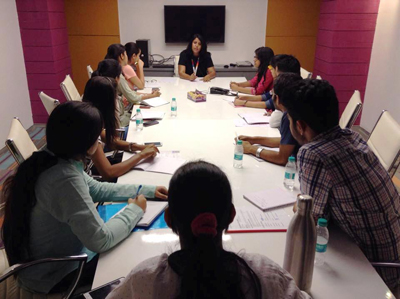
A group discussion (GD) is a simulated exercise, where you cannot suddenly put up a show since the evaluators will see through you easily. In this page, you can find tips on GD and how to handle them to ensure a positive outcome.
Here’s how most group discussions work
- Normally groups of 8-10 candidates are formed into a leaderless group, and are given a specific situation to analyse and discuss within a given time limit.
- The group may be given a case study and asked to come out with a solution for a problem.
- The group may be given a topic and asked to discuss on the same.
A panel will observe the proceedings and evaluate the members of the group.
OBJECTIVE
Lets start from the basic. One needs to know what one’s objective in the group is. A good definition of your objective is – to be noticed to have contributed meaningfully in an attempt to help the group reach the right consensus. What does this essentially mean?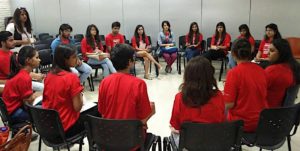
- The first implication is that you should be noticed by the panel. Merely making a meaningful contribution and helping the group arrive at a consensus is not enough. You have to be seen by the evaluating panel to have made the meaningful contribution. What does that mean in practice?
- You must ensure that the group hears you. If the group hears you, so will the evaluator. That does not mean that you shout at the top of your voice and be noticed for the wrong reasons.
- You have to be assertive. If you are not a very assertive person, you will have to simply learn to be assertive for those 15 minutes. Remember, assertiveness does not mean being bull-headed or being arrogant.
- And most importantly, you have to make your chances. Many group discussion participants often complain that they did not get a chance to speak. The fact is that in no group discussion will you get a chance to speak. There is nothing more unacceptable in a GD than keeping one’s mouth shut or just murmuring things which are inaudible.
- Participate in as many practice GDs as possible before you attend the actual GD. There is nothing like practice to help you overcome the fear of talking in a GD.
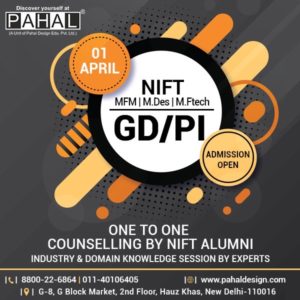
The second important implication is that making just any sort of contribution is not enough. Your contribution has to be meaningful. A meaningful contribution suggests that
- You have a good knowledge base
- You are able to put forth your arguments logically and are a good communicator.
- The quality of what you said is more valuable than the quantity. There is this myth amongst many group discussion participants that the way to succeed in a group discussion is by speaking loudly and at great length. One could not be more wrong. You must have meat in your arguments.
Therefore, think things through carefully.
Always enter the room with a piece of paper and a pen. In the first two minutes jot down as many ideas as you can.
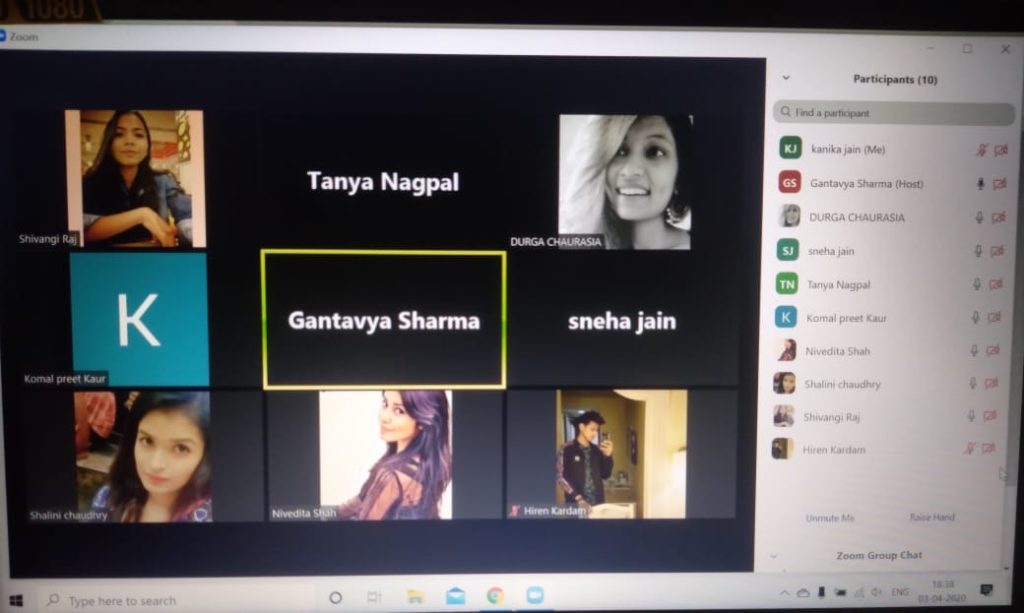
When you jot down points, keep these pointers in mind.
If it is a topic where you are expected to take a stand, say for example, “Should India sign the Comprehensive Test Ban Treaty?” note down points for both sides of the argument. It will be useful on two counts –- One, if you do not start the GD and are not amongst the first five speakers and find that everyone in the group is talking for the topic, then it makes sense to take the alternate approach and oppose the topic even if you initially intended to talk for the topic.
- Second, it helps to have knowledge of how group members who take a stand diametrically opposite to yours will put forth their argument and to be prepared with counter arguments.
Objective of a Group Discussion (GD)
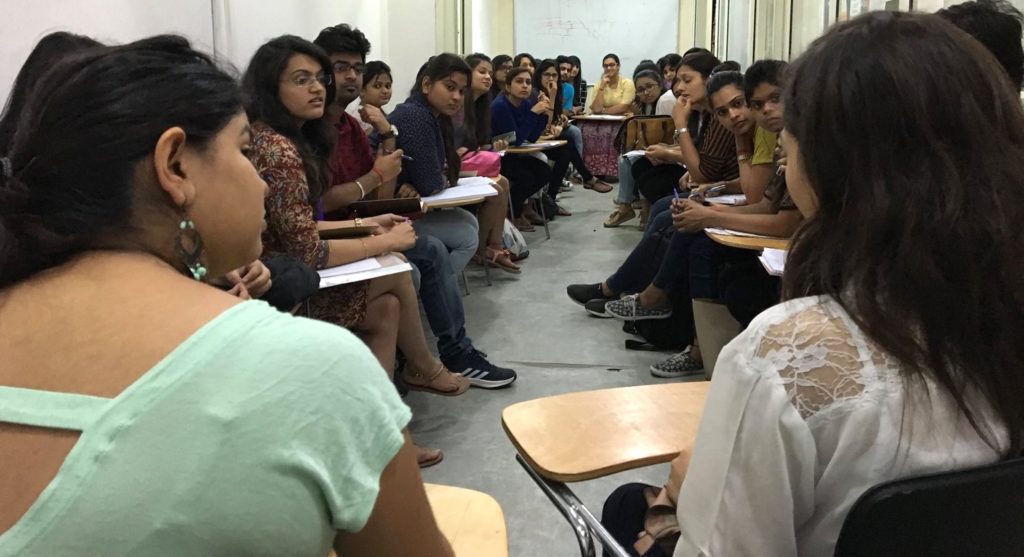
While the written exam tests the quantitative, reasoning and verbal skills of an applicant, that’s not all that a future manager should excel in. In fact, that is just the start. A successful manager should not just be good with his quota of work, but s/he is also expected to contribute as part of a team. And, that’s what GDs aim to test.
GD’s are conducted to test managerial attributes like interpersonal skills, leadership, analytical and rational thinking, knowledge and personality traits.
It is a way through which the B-School panel measures the calibre of the candidate on parameters like content and knowledge, rational thought process, communication skills, group behaviour and leadership skills. Look at GD’s as steps up a ladder to prepare for MBA.
Types of Group Discussions
Not all GD’s are the same. B-schools use several types to test applicants. While there are some GD’s that test the knowledge of a candidate on a topical issue, others are designed to test the ‘lateral thinking’ of the candidate.Another type of GD comes in the form of a short ‘case-study’ where applicants are asked to analyse a situation and frame responses. Yet another type of a GD is a ‘group exercise’.
GDs can be classified into three types: factual, abstract, and case study. While factual ones are based on contemporary but controversial topics, abstract topics involve lateral thinking and unconventional perspectives.
Topics can either be knowledge intensive or non-knowledge intensive. Knowledge-intensive topics are based on areas like the economy and its sectors like IT or telecom, society, politics, sports or media. Non-knowledge intensive topics can either be ‘concrete topics’ (like ‘greed is good’), while ‘abstract topics’ can be totally open-ended like ‘Deep Blue is not blue enough’.

How to Prepare for a Group Discussion
So, how should you prepare for the GD? Experts opine that you should work on developing your knowledge base, while at the same time focussing on improving your communication. Some specific lessons on managing yourself during the GD are important too. There are small tricks and tips that can improve your group discussion.
Tips & Tricks for a Successful Group Discussion
The first step in your quest to do well in a GD is to improve your knowledge quotient. Read, watch, listen! Read newspapers and magazines on current issues, especially year-end issues that capture highlights of the year gone by. Also, watch and listen to the news and current affair programmes on news channels. Candidates must keep abreast of contemporary issues with help of the media.
There are some group discussion topics of perennial interest.
For economics-related topics, read fundamental concepts like FDI, stock markets, liberalisation, employment scenario, capital convertibility, rupee vs dollar, inflation, export-import, socialists vs capitalists etc.
For sector-based topics, start by making a one-or-two page note on important sectors like IT, ITES, banking, insurance, retail, telecom, healthcare, agriculture etc. Find out about the developments in last year and prospects in the coming ones.
Express Yourself During a Group Discussion
Knowledge itself is not enough. The next step is to improve your ability to express yourself. You can practice speaking in a GD scenario by forming a discussion group that meets every day and take up a topic for discussion. GD or MBA discussions, as it is also known as, can be your sure shot at getting into a good B school. So, don’t take it easily. Practice ease of expression because clarity, brevity and word choice are keenly observed by evaluators.






